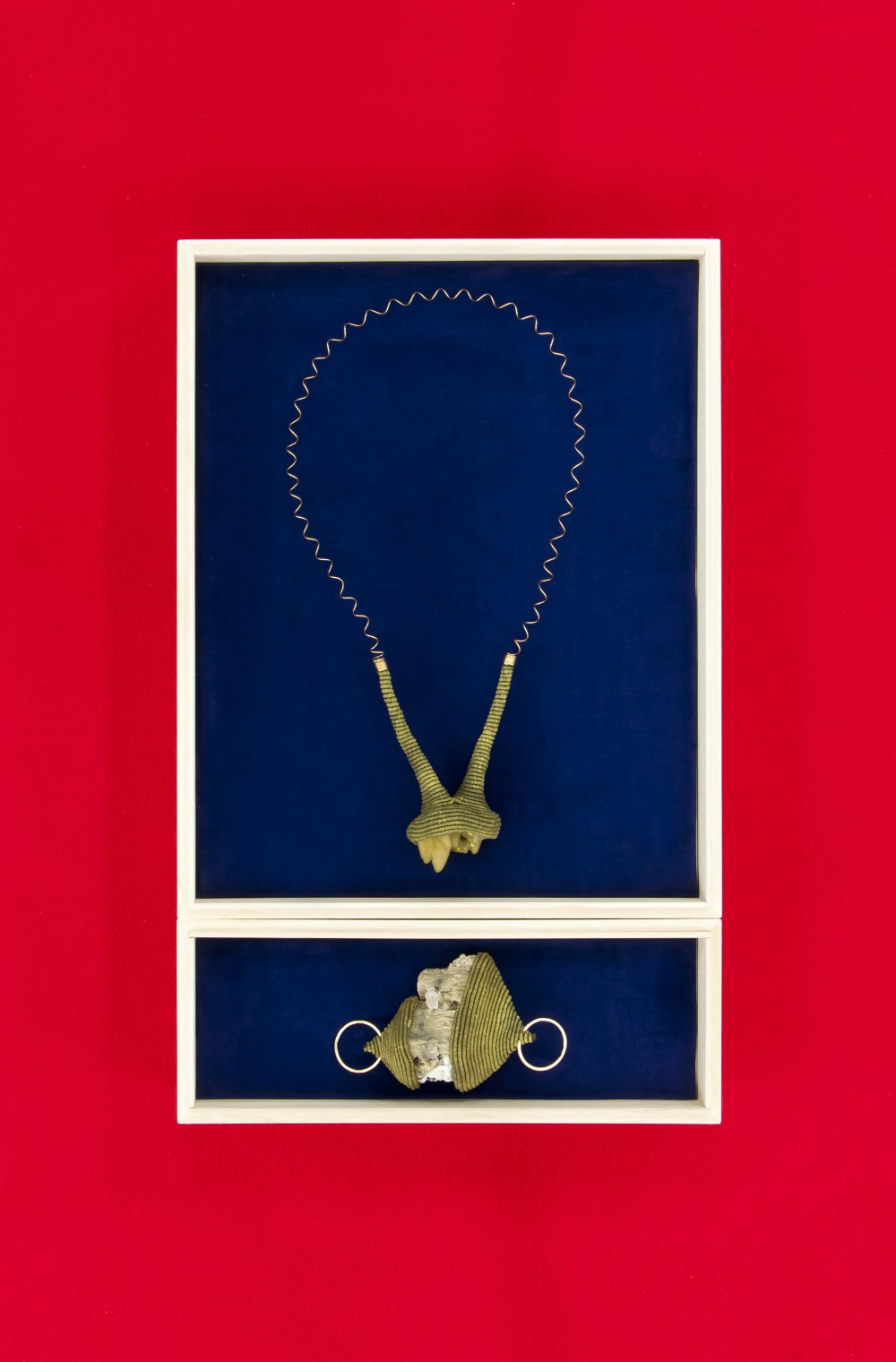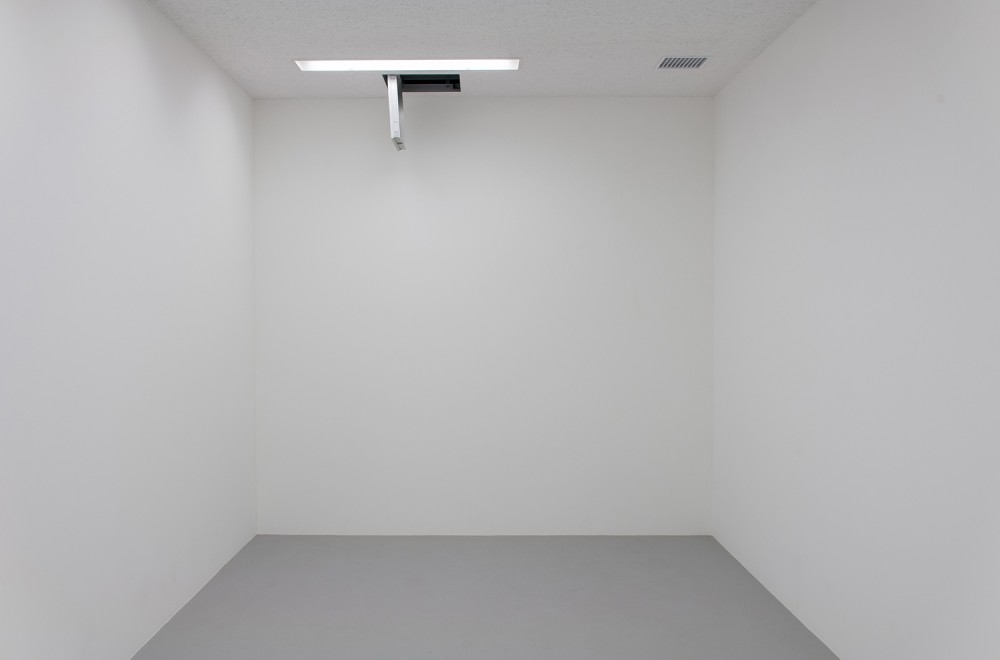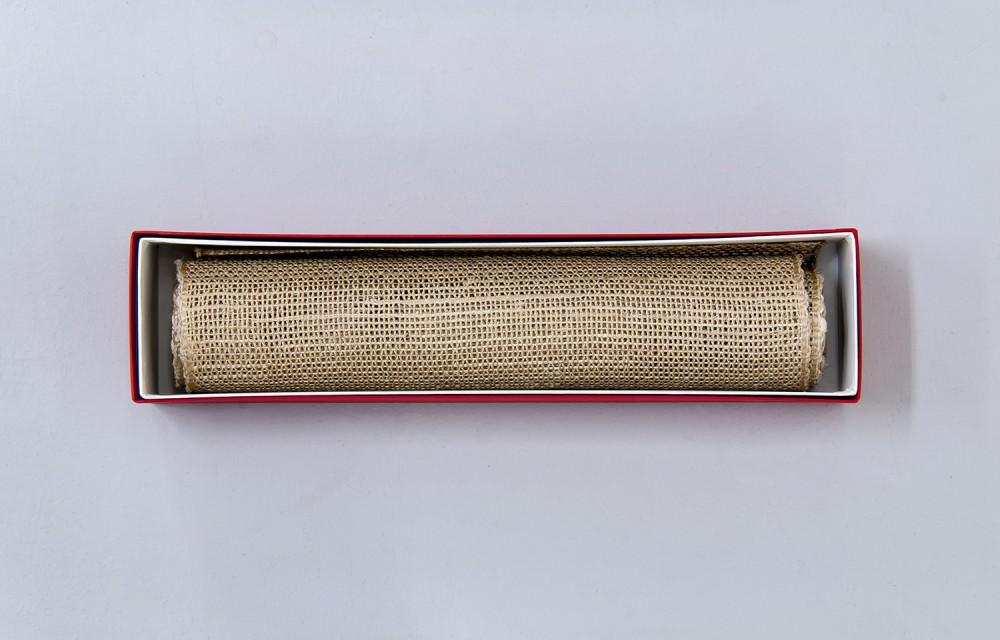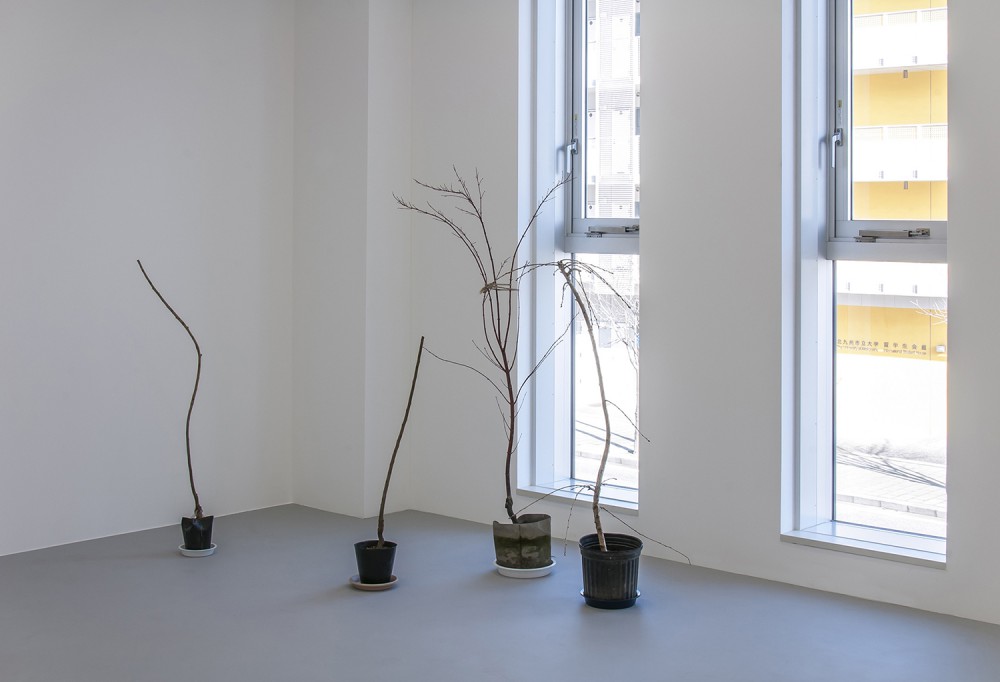Title |
I write, erase, rewrite, erase again, and then a poppy blooms |
Date |
2017-02-06 - 2017-03-03 |




CCA Kitakyushu presents a new work by Christodoulos Panayiotou.
Kitakyushu, 17/1/17
Dear Akiko,
Here I am again. Back in the same Yahata apartment. Sleeping in the same bed, looking out the same window, haunting the same streets… Being in Kitakyushu leaves me with a sense of familiar estrangement. You see I am more used to departing than I am to returning, and with this second invitation you’ve effectively proposed an unusual (and rather destabilising) experience.
And it is not the act of returning itself that I find destabilising, but rather the realisation of that blurred gap between a “then” and a “now”. A parenthesis difficult to grasp and even more difficult to verbalise: the white laundry basket that I purchased last time is not here anymore, the bed seems a bit stiffer, the tip of mount Sarakura is quite unexpectedly covered in snow, and the cherry trees by Yahata station are nowhere near flaunting their blossoms.
I would like to thank you for our intense conversation yesterday, and for introducing me to a number of concepts that would have remained beyond my grasp had it not been for your insights. I took the train home thinking that every effort of translation might be a protest against the idea that “otherness” can never be understood because of our inability to escape ourselves, our cultures, our thoughts.
Please allow me to ask you to perform—once again—a certain act of violence. Like last time, I have put into a single sentence the translation of a Haiku that I love. It is Hokushi’s death poem: “I write, erase, rewrite, erase again, and then a poppy blooms.” Would you be so kind as to play Chinese whispers with me, and translate this back into Japanese?
It seems that what fascinates non-Japanese-speaking readers about Haikus is exactly what remains untranslatable: a certain sense of sobriety and pithy allusiveness distilled into sentences. The poetry I had access to in my formative years seems to be, in contrast, a series of adventures created by words running rampant. It is words performing what they are not supposed to perform; and it is from and in these words that this poetry (beautiful as it often is) derives and consumes its power. Hokushi’s heart-rending final poem, on the other hand, seems to have been structured by moments of separation, with ideas and images detached, cut and juxtaposed. It alludes to a sense of time that feels somewhat relevant to the “destabilising gap” I find myself having to face by returning to this apartment. I thought I would not be able to tame that sense of contraction in experiencing time; and yet, a mere few lines later, I am already befriending it.
I brought with me the jewels I have prepared for our show, and a poem I started writing (or rather a book I started erasing) while I was still in school. I found it, unfinished, at my parents’ home just before I drove to the airport and brought it along without much thought.
Only once I arrived in Japan did I realise that there are similarities between the uncommon forms of the pseudomorphs that I used for the jewels and this curious exercise from the past. Pseudomorphs result from the erasure of an original mineral, which is replaced by another; the book is an accumulation of dilated words saved by chance and instinct, when I decided to erase—at 16—Emily Brontë’s “Wuthering Heights”. I plan to finish this task while here and, in doing so, face up to one more gap.
I have made plans to visit the local onsen tonight. I will leave the house before the sun sets and stop by the wisteria garden. I would like to see it again and again. And again. Until it blossoms.
With love and admiration,
Christodoulos
Christodoulos Panayiotou stays in CCA Kitakyushu from January 10th to February 4th, 2016.
Cooperated by Yushisha for Fujifu, wisteria cloth
This post is also available in: Japanese
Category |
CCA GALLERY |
Artist |
Christodoulos Panayiotou |
Date |
2017-02-06 - 2017-03-03 |